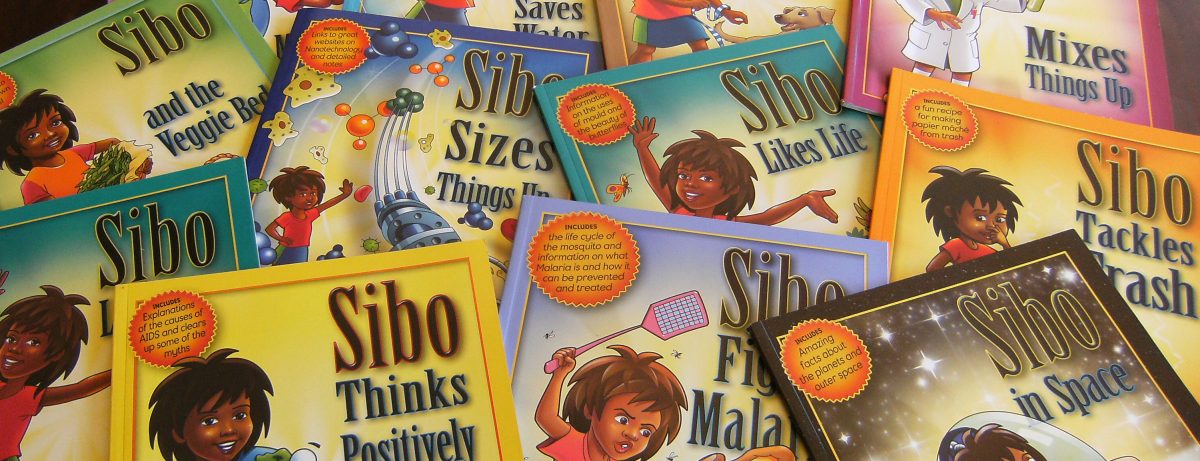No matter how good our intentions are during the year to start buying thoughtful little gifts when you spot them, somehow it never happens.
Even though the shops start sending out tendrils of temptation a few months before Christmas; reminding everybody that it’s just around the corner, dangling tantalizing goodies in obvious places, December always creeps up rather fast.
The reality is most people expect presents at this time of the year.
I was listening to kids talking at school the other day. The one kid was saying that he expected his father would buy him a play station for Christmas.
His friend looked at him strangely and said, “But how? Your father doesn’t have a job at the moment?”
The other kid just shrugged, “He’ll make a plan—he always does. Otherwise Mum knows I’ll sulk.”
What a brat! In our house, we receive gifts on our birthdays. That’s your time to get a fancy present, or something that you really want. Maybe.
When it comes to this time of year, limits are set for presents of R25 or less each. It may sound completely crazy but it means that people have to put their thinking caps on and get creative. This takes time and planning, which is, after all, the point of a gift. It’s supposed to be thoughtful and meaningful.
For instance, my Gran bakes cookies. She uses recycled packaging attractively and hands out those for gifts. Her mince pies are legend, we all love them.
I usually make vouchers because even R25 is way too much for me. Fancy, decorated ones and I try to make them useful—even if I don’t like what I’m offering to do. Mum absolutely appreciates tea in bed on a Saturday morning. I offer to wash dogs, baby sit hamsters, rake leaves, water plants etc.
Mum makes little gardens in old containers that she jazzes up. She pinches bits of succulents from friends’ houses and collects interesting looking stones and twigs. My cousin makes awesome jewelry. Another cousin makes dream catchers. My auntie makes up interesting sweetie jars. My Dad scours second hand book stores.
Not only do we all end up getting loads of cool stuff, but we also get to see how everybody else appreciates what we’ve taken time to make or find. It works a treat.
Get creative people – the gift is in the giving.
Sibo.









